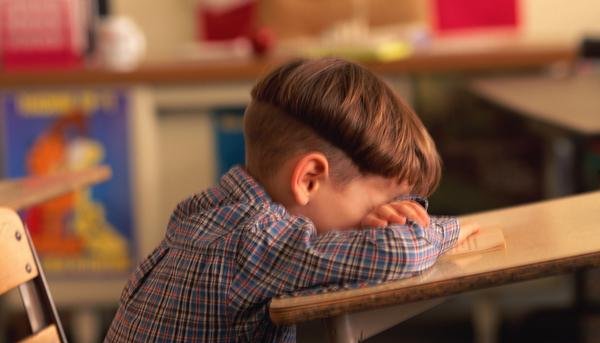How Loneliness Can Impact Kids’ Mentality?

Sometimes the effects are nothing, or negligible. Kids are resilient, and they do sometimes find their own way appropriately. Socialization is incredibly important during formative years. Learning skills at a young age to connect with other people their own age, learning to play appropriately, learning to respond appropriately to social cues, and the ability to connect to others can be impaired, irreparably damaged, or lost entirely. Additionally, having appropriate behavior demonstrated by adults in their lives is important for overall and all around functioning for a child. Loneliness can stimulate creativity, and problem-solving skills in a child at an advanced level not seen ordinarily in children normally socialized. But abuse and neglect is trauma, and trauma does have lasting varying effects that can manifest in a variety of ways and at various times or stages in an individual's life
Here are many reasons why kids with learning and attention issues might feel lonely:
1. Social Behavior
Social behavior contains how an individual’s opinions, behavior influences and feelings and influenced by other people. Creating social relationships is essential to human well-being, and not due to the joy of being with friends, or when learning social norms. It is very important that experiencing social behavior, and engaging in social interaction, is essential during childhood development. Though many children, for many reasons, are not able to participate in, or experience, the social behavior that is vital to their well-being, development and mental health. The lack of social relationship has been shown to affect child development in many ways. So it is a first reason related to loneliness and physical illness, and how it affects kids’ mentality.

2. Brain development
Socially isolated kids are at increased risk of health problem. Furthermore, studies on social isolation have shown that not have of social relationships negatively impacts the development of the mind’s structure. In excessive cases of social isolation shows how the brains are powerfully affected by a lack of social behavior and relationships. The researchers investigate the relationship between social isolation and physiological and cognitive performance. The researchers found deficits in the communication in the prefrontal cortex. It is a part of the brain which is connected with a variety of cognitive function, like higher level thinking, planning, and social interaction. Researchers said that if the development of these cells and areas of mind are disrupted, kids can also possibly develop deficits in these areas of the mind.
3. Human stress response
If someone is not able to experience the essential level of health social behavior and contact, they can experience social isolation. Social relationships are vital to the maintenance of health and are deficient in them often correlates with feelings of loneliness. Loneliness has been linked to higher level of stress. When a person is socially isolated, as it is a human need, the body will distinguish the situation as a threat. The important function of the human stress reaction is to defend the body from the environment. During the stress, the brain will discharge various stress hormones to defend the body from danger. These hormones are required for the person to response towards the stress factor and defend against the possible harm. Having stressed over a long period has been proven to increase the risk of elevated blood pressure, cognitive deterioration, infectious illness, and mortality. High level of stress is consequently regarded a threat to a socially isolated kid’s health not only in early years but also in adulthood.
4. Social support
The studies described in this text show the significance of social interaction, and how social isolation damages not only the physiological functions of the body but also the growth of the nervous system, which in turn influence the development of cognitive functioning. Though there are reasons to consider that the human requirements for social interaction are not only the risk factor but are also the lifesaving factor.
Thus, the lot of amount of social interaction, contact, the support they receive, kids who experience social isolation keep away from the harm of illness and feeling of loneliness. This shows the need of human being for care, social support, behavior, and relationships.
Need Help with Your Assignment?
Get expert guidance from top professionals & submit your work with confidence.
Fast • Reliable • Expert Support
Upload NowOther Assignments